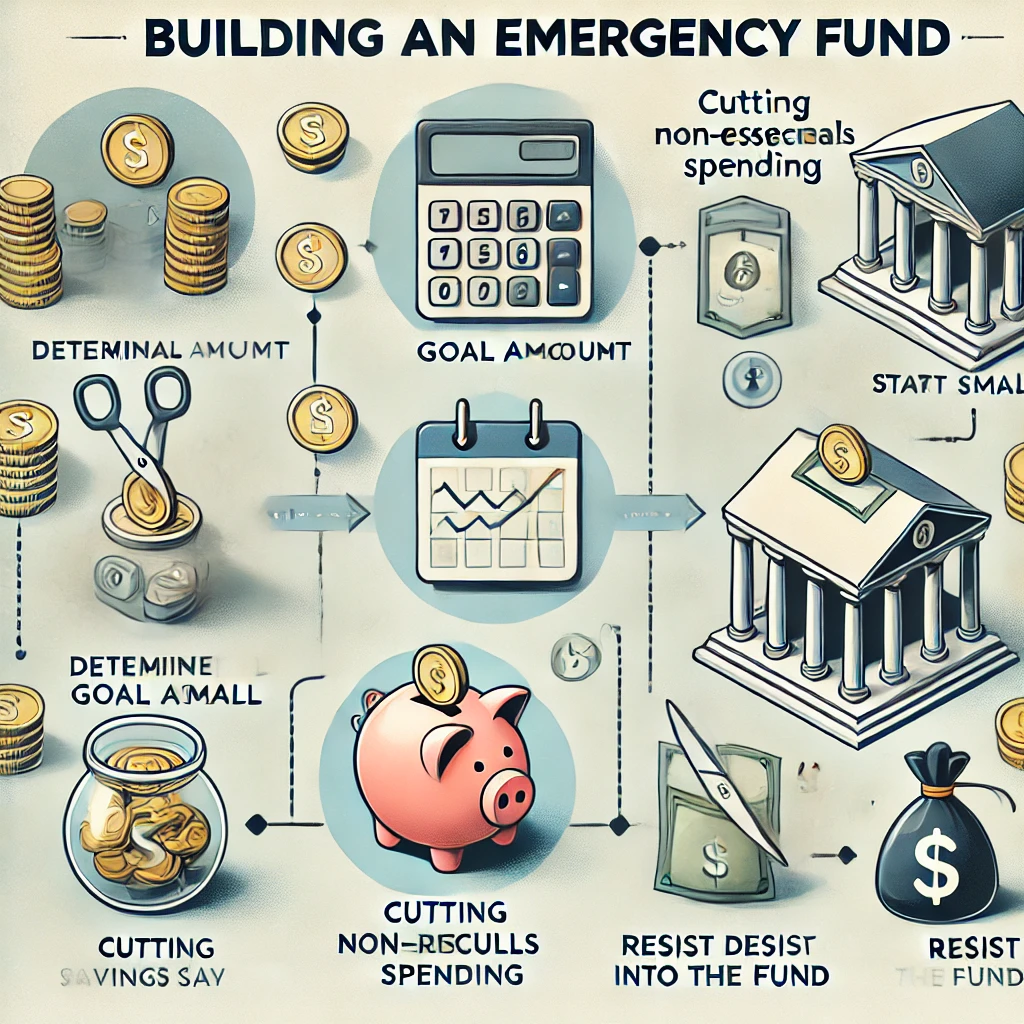When deciding where to put your savings, you want a safe place that also provides a good return. High-Yield Savings Accounts (HYSAs) and Certificates of Deposit (CDs) are two popular options, each with unique benefits and drawbacks. This guide will help you understand both options so you can make an informed decision based on your financial needs.
Table of Contents
- 1. What is a High-Yield Savings Account?
- 2. What is a Certificate of Deposit?
- 3. Interest Earnings Comparison
- 4. Liquidity and Accessibility
- 5. Risk Factors
- 6. Fees and Penalties
- 7. Which is Better for You?
- Conclusion: Making the Right Choice
1. What is a High-Yield Savings Account?
A High-Yield Savings Account (HYSA) is a type of savings account that typically offers a higher interest rate compared to a traditional savings account. HYSAs are often offered by online banks and financial institutions that can provide better rates due to lower overhead costs. They allow your money to grow with regular, compounding interest while keeping your funds easily accessible.
- Tip: Look for an HYSA with no monthly fees and a competitive interest rate to maximize your savings.
2. What is a Certificate of Deposit?
A Certificate of Deposit (CD) is a fixed-term deposit account offered by banks and credit unions. CDs require you to lock in your money for a set period, such as six months, one year, or five years, in exchange for a fixed interest rate. The interest rate on a CD is usually higher than that of a regular savings account or even some HYSAs, but you cannot access the money until the term ends without incurring a penalty.
- Tip: CDs are ideal if you have funds you don’t need immediately and want a guaranteed return.
3. Interest Earnings Comparison
One of the main factors to consider is how much interest you can earn. HYSAs often have variable interest rates that may fluctuate over time, while CDs offer fixed rates, meaning your earnings are predictable. However, the fixed rates of CDs are generally higher than the average HYSA rate, making CDs more attractive for those seeking stability and a higher yield over a defined period.
- Tip: Compare the current rates of HYSAs and CDs. Sometimes, a short-term CD rate can outpace an HYSA.
4. Liquidity and Accessibility
HYSAs provide high liquidity, allowing you to access your money at any time, which is useful if you need quick access to your funds. In contrast, CDs limit access to your money until the term ends, making them less liquid. Early withdrawals from CDs typically result in penalties, which can reduce or eliminate your interest earnings.
- Tip: Choose an HYSA if you need flexible access to your funds; consider a CD only if you can leave the money untouched.
5. Risk Factors
Both HYSAs and CDs are low-risk investment options and are usually insured by the FDIC or NCUA up to $250,000 per depositor, per institution. However, interest rates on HYSAs can vary, so the return isn’t guaranteed. CDs provide a guaranteed return since the rate is fixed for the term, which can be an advantage if interest rates decline.
- Tip: If you prefer a guaranteed return with no risk of rate fluctuations, a CD might be a safer choice.
6. Fees and Penalties
Some HYSAs may come with monthly maintenance fees or transaction limits, though many online banks offer no-fee accounts. CDs usually don’t have monthly fees, but they do have early withdrawal penalties if you need access to your money before the term ends. These penalties can range from a few months of interest to a percentage of your balance.
- Tip: Read the fine print to understand any fees or penalties associated with your HYSA or CD.
7. Which is Better for You?
Choosing between an HYSA and a CD depends on your financial goals and needs.
- Choose an HYSA if: You want flexibility and immediate access to your savings, especially for emergency funds or short-term goals.
- Choose a CD if: You want a higher, guaranteed interest rate and won’t need to access your money for a set period.
Conclusion: Making the Right Choice
Both high-yield savings accounts and certificates of deposit offer safe ways to grow your money, but they serve different purposes. An HYSA provides flexibility and accessibility, while a CD offers a fixed, potentially higher rate for those who can commit to a term. Assess your financial goals, need for liquidity, and tolerance for rate changes to decide which option aligns with your savings strategy.

